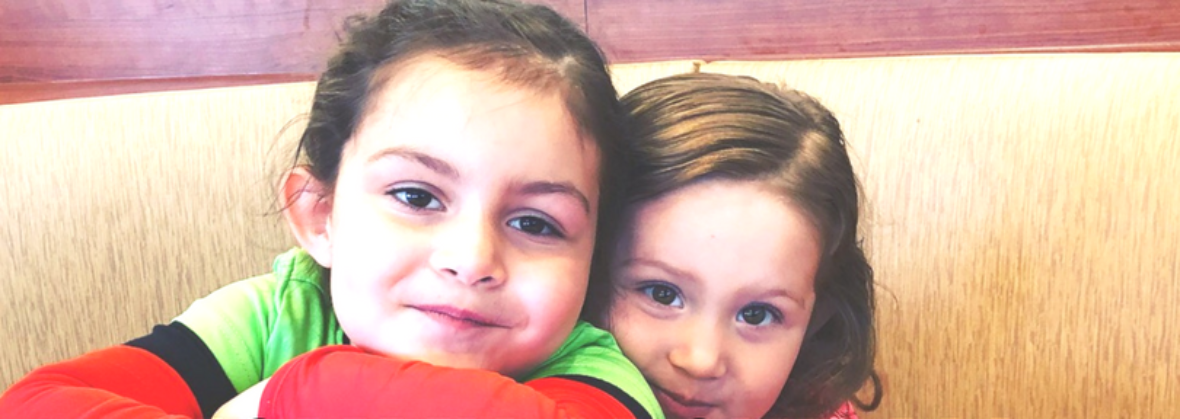 s since I lost my mom to her battle with colon cancer. It was traumatic for my brother and I to witness her suffer from the disease. It’s not a topic I like to talk about, but it’s something I am passionate about because I saw what my mom went through and I wouldn’t wish that on anyone. If you didn’t know already March is Colon Cancer Awareness Month, so I wanted to shed a little light on a cancer that is not talked about a lot – but is the second leading cause of cancer deaths in the United States and the third most common cancer in men and women.
s since I lost my mom to her battle with colon cancer. It was traumatic for my brother and I to witness her suffer from the disease. It’s not a topic I like to talk about, but it’s something I am passionate about because I saw what my mom went through and I wouldn’t wish that on anyone. If you didn’t know already March is Colon Cancer Awareness Month, so I wanted to shed a little light on a cancer that is not talked about a lot – but is the second leading cause of cancer deaths in the United States and the third most common cancer in men and women.
What It Is
By definition, colon cancer is a type of cancer in the large intestine, which is the final part of your digestive tract. Most cases of colon cancer begin as small non-cancerous polyps (which are like little bumps) and over time these polyps can develop into cancer. For this reason, doctors recommend getting screened regularly to help prevent cancer from developing by removing the polyps before they turn cancerous.
Symptoms
Many people with colon cancer have relatively no symptoms in the early stages of the disease, which is the scary part and why routine screening is so important and necessary. Symptoms of colon cancer include rectal bleeding, blood in your stool, pain or discomfort, unexplained weight loss, changes in bowel movements (diarrhea or constipation), constant fatigue or a feeling that you cannot completely empty your bowels. If you are experiencing any of these symptoms, you should call your doctor right away.
Prevention
There are many lifestyle changes that you can make to help reduce your risk of colon cancer. Things like eating a lot of fruits, vegetables and whole grains, limiting your alcohol intake, avoiding tobacco, exercising and staying within a healthy BMI are all great ways of lowering your risk. There are also suggestions to limit the amount of red meat as well as processed meats. The biggest key is to go for regular check-ups, keep your doctor informed of any changes and go for your screenings regularly.
When to See a Doctor
If you notice any significant changes or symptoms listed above, call your doctor. Talk to them about when you should be screened for colon cancer. Typical guidelines call for screening to begin at the age of 50, but that can vary depending on family history and other factors. Last April my doctor sent me for a colonoscopy because of the significant history of it in my family (I’m only 34). It was a painless process (the worst part was the prep the night before) and the results of a clean colon gave me peace of mind that I will have for another couple of years until my next screening. One uncomfortable night of prepping was completely worth those results.
Don’t Be Scared
The worst thing you can do is be scared. A colonoscopy is a painless process that you have no recollection of when you’re done. They put you to sleep for the procedure and when I woke up, I didn’t even know that I had the procedure done. There was no pain (this may not be the case for everyone, but it was in my case). All in all, I would risk a little pain and discomfort to avoid what I saw my mom go through. Chemo, radiation, surgeries, colostomy bags…it was heartbreaking. According to the CDC’s website, in 2014 an astonishing 139,992 people were diagnosed with colon cancer. 51,651 of those people died from the disease. That’s over 35%. That is not a statistic that I want to add to and fear is not going to keep me from doing everything in my power to stay around for my girls.

